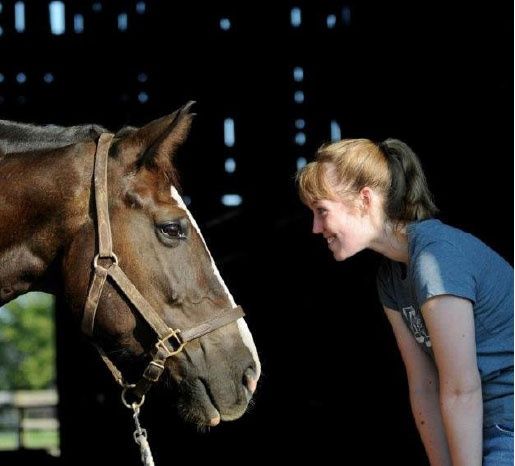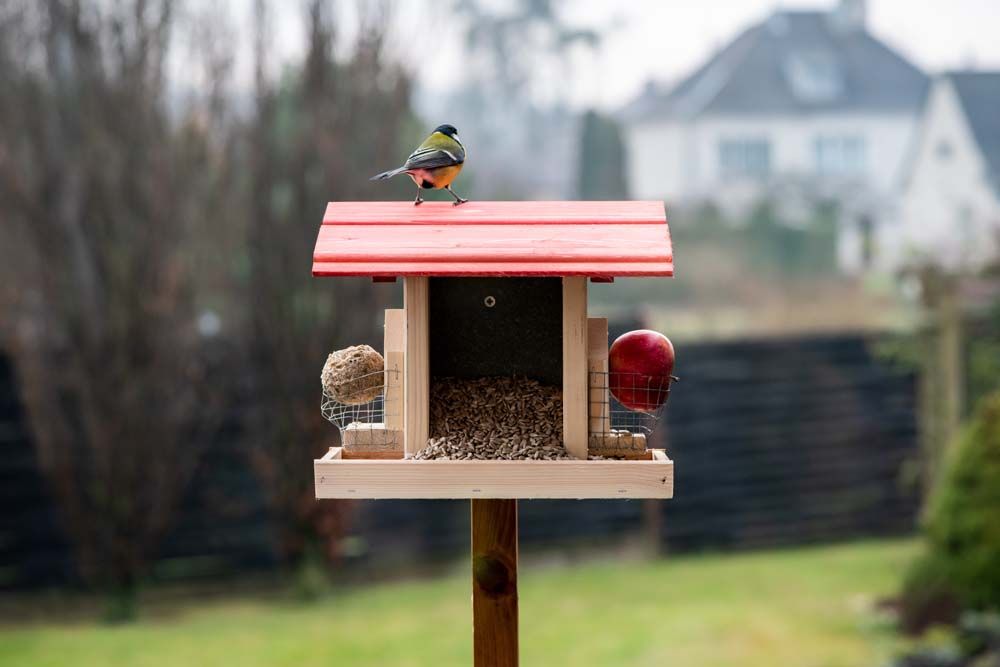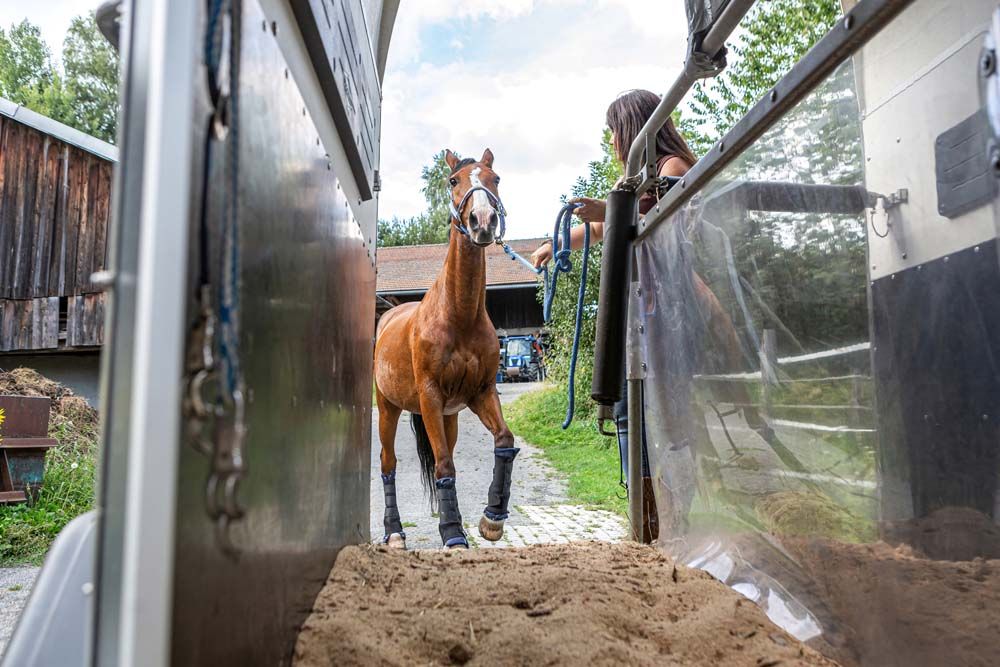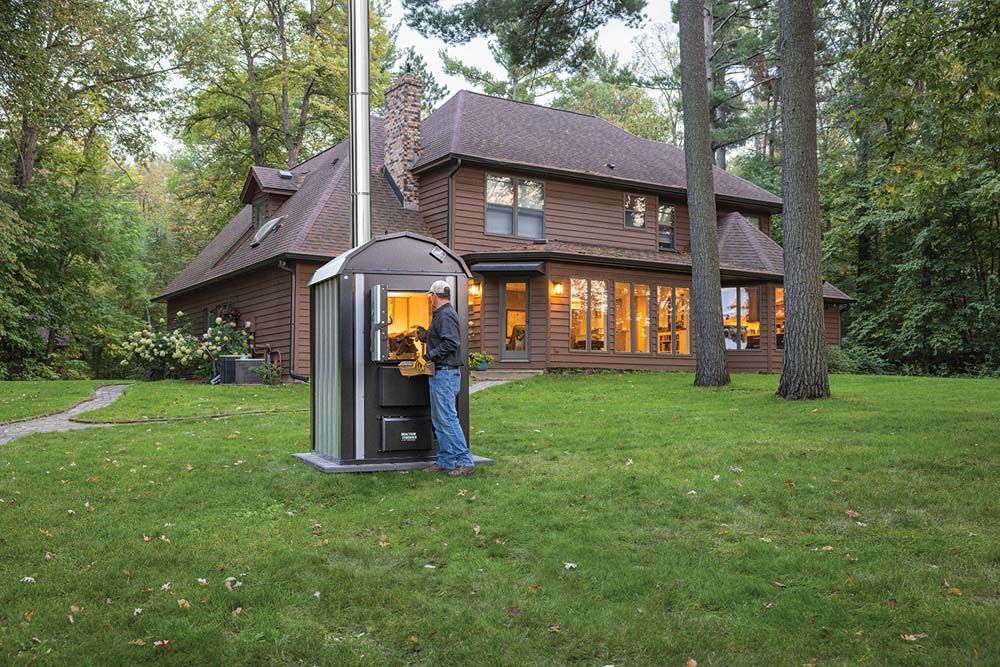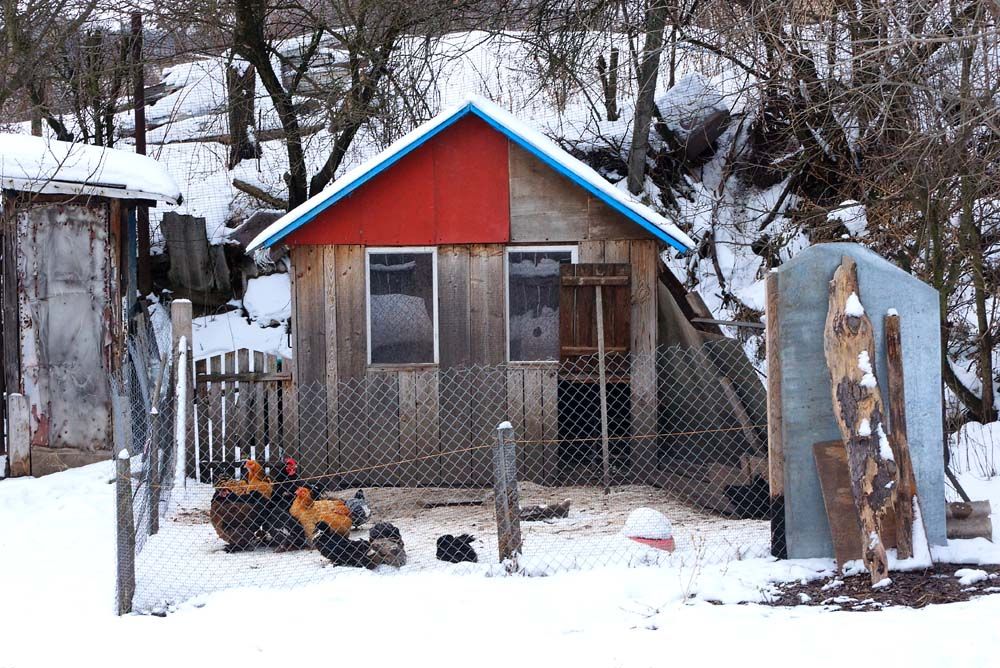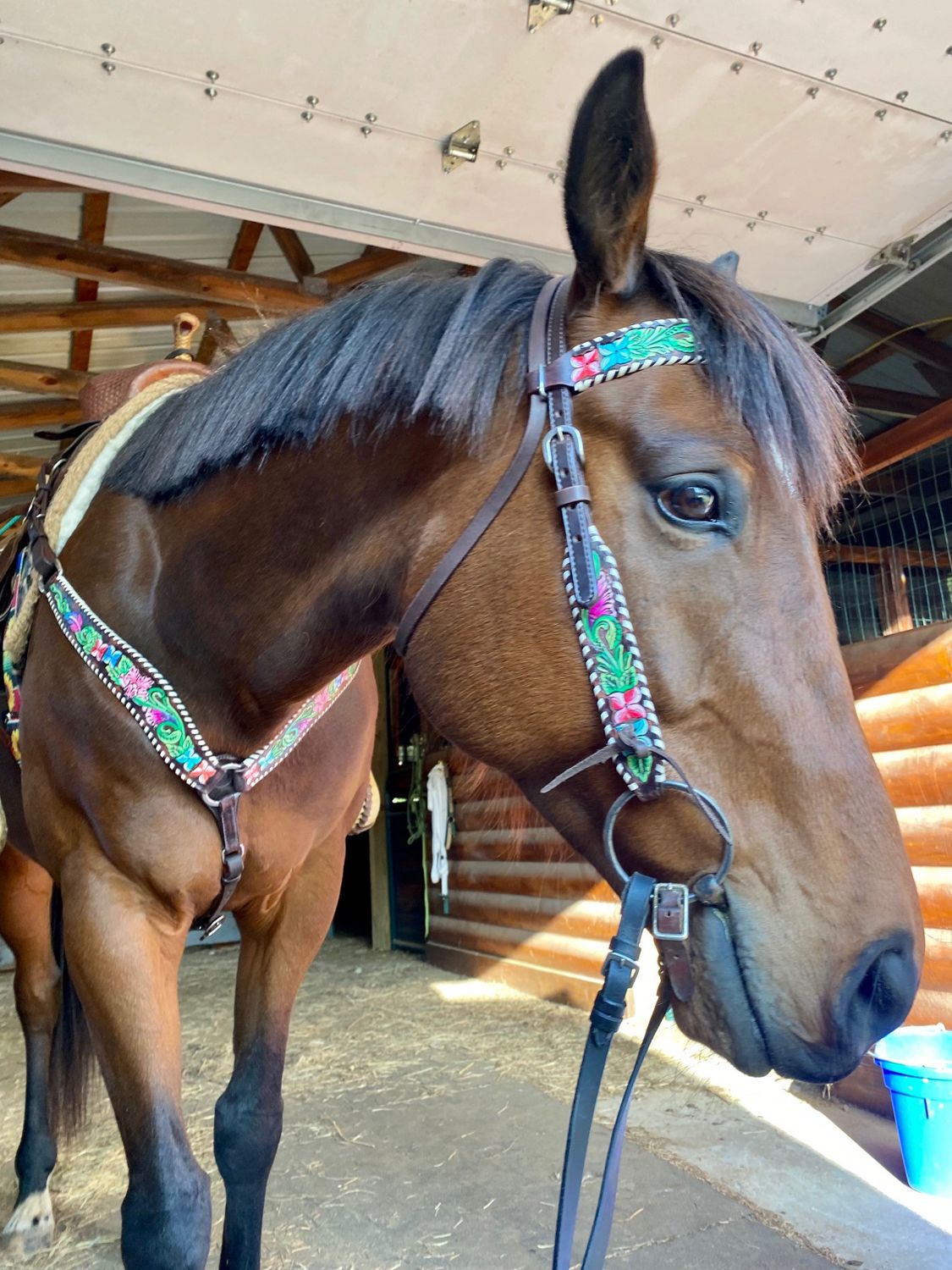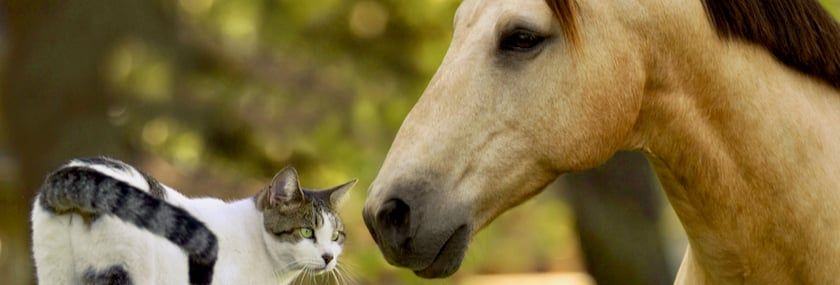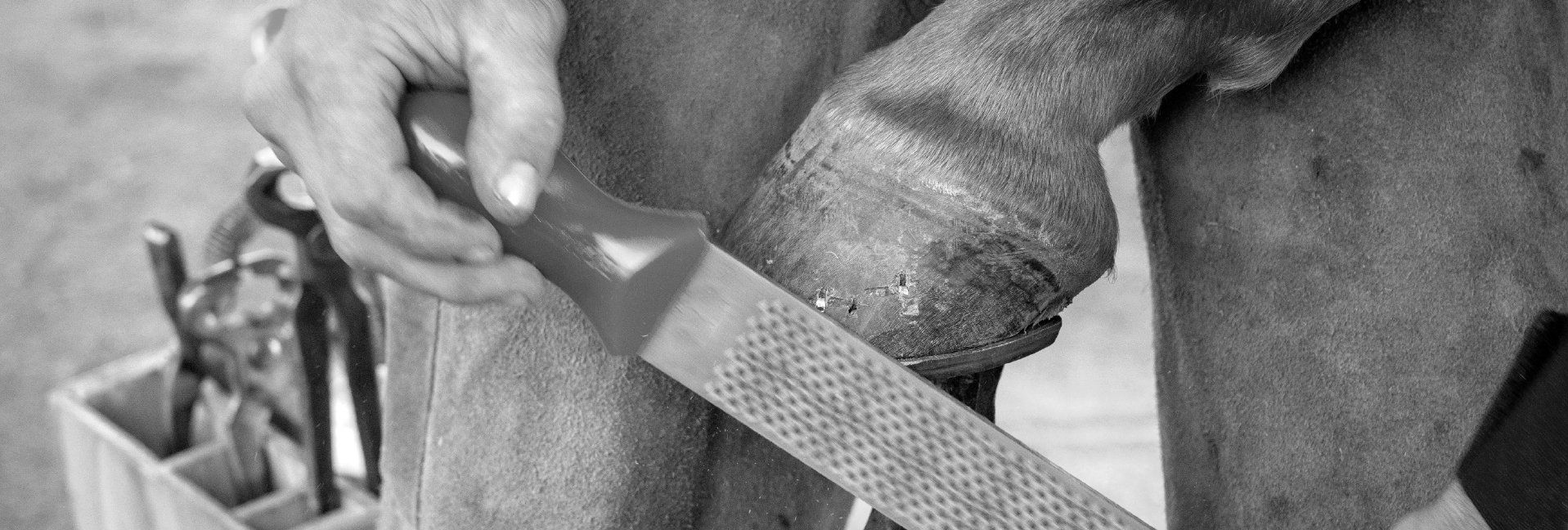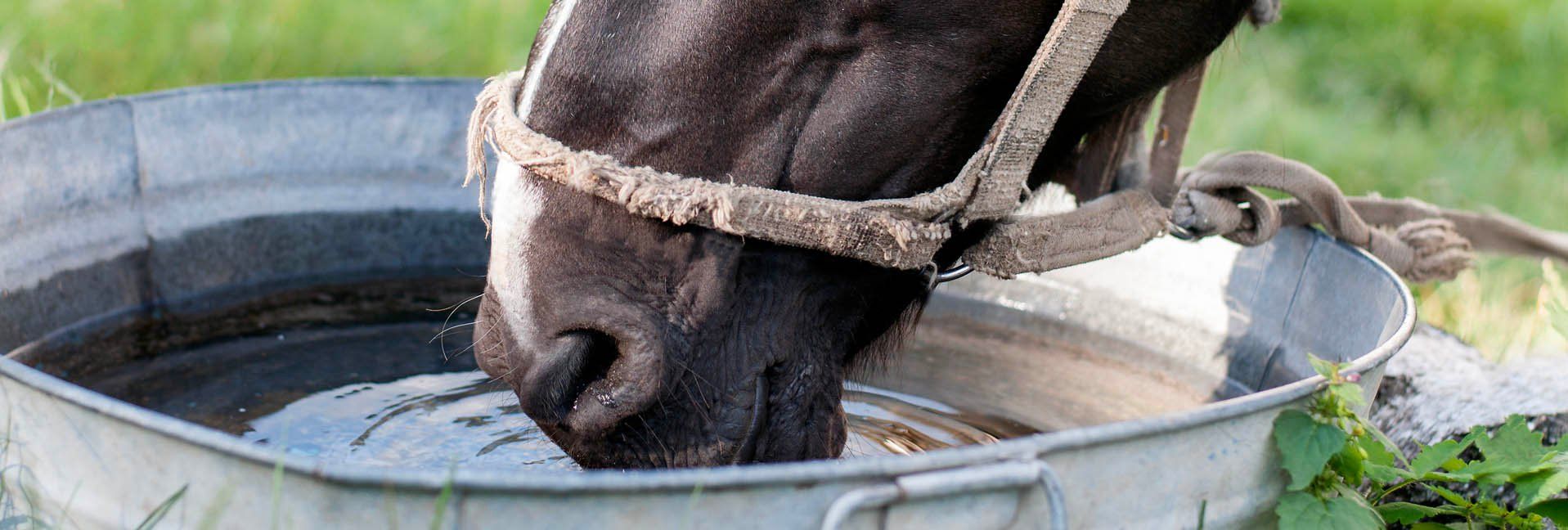Teach an Old Horse New Tricks
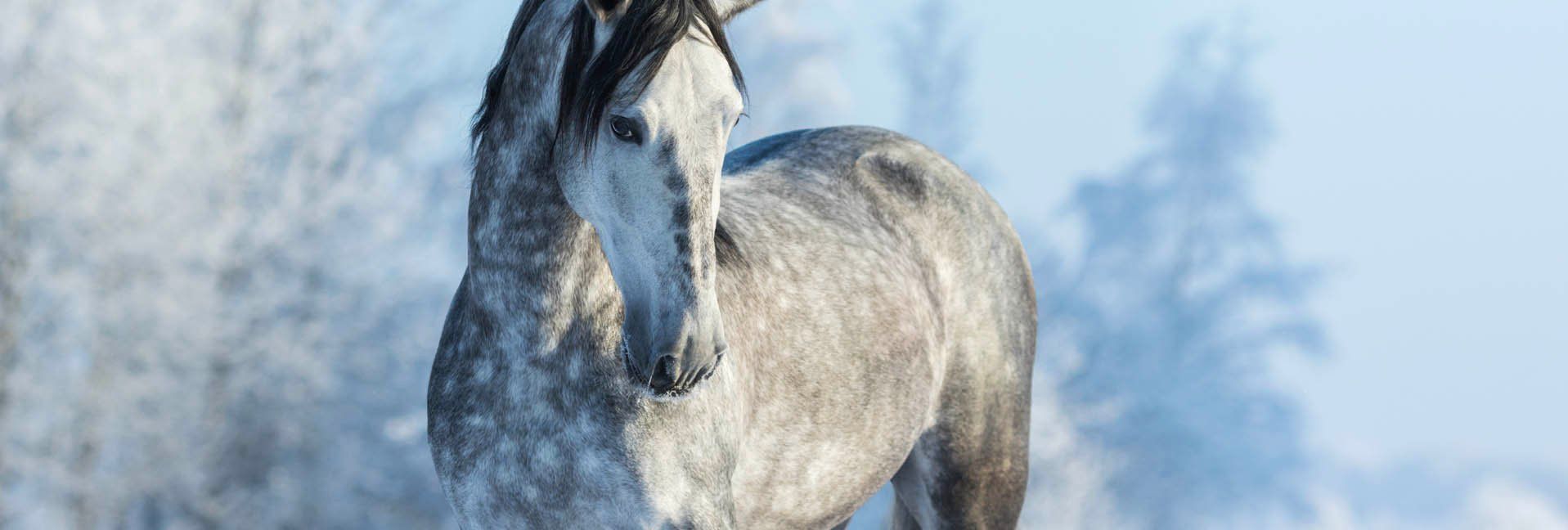

Keep boredom away this winter
I’ve found the biggest problem with gray, rainy weather or a long lay-up for my mare is less the extra pounds we both put on without physical exercise, and more our boredom. Even if your horse is turned out for all or part of the day, a ride is mental stimulation for your horse, and some of them seem to miss that if you can’t work together for a while.
(Others don’t, I’m sure. My mare, Jitterbug, is not what you’d call a workaholic but I’ve noticed she’s exceptionally hard-trying and well-behaved in the first few rides after winter break, so I think she misses her job in spite of herself.) I’ve found one of the best rainy day activities with my horse is trick training.
Making it click
As with dogs, some trick training guides for horses suggest first getting them clicker trained. You can find a clicker at a pet store like PetSmart for a few dollars. Clicker training provides the horse with a simple, clear sound that informs the horse something he has done is the correct response, and it’s a reward you can deliver quickly. (You can use vocal cues for this too, but I’ve learned in the course of other types of ground work that my mare can be very focused on tone, so it takes some self-consciousness to avoid confusing her.) The easiest way to stimulate a positive association with the click is to spend the first day with the clicker creating a pattern of “click-treat, click-treat.” After the initial sound association is in place (which you should be able to tell when your horse looks expectantly at you, waiting for a carrot) you can shift to a spontaneous reward system, where one click does not equal one treat. Eventually, you should be able to get through a dozen or so clicks before presenting the horse with food.
Studies have shown animals and people actually remain more engaged with a task and will try harder to earn clicks if they don’t know when the click equals a treat.
This also means you can reserve treat clicks for important “aha” moments that deserve a more enthusiastic positive response. No matter what trick you want to start with, you want to think of it the same way you’d approach a task under saddle: break it into small pieces, and start with a first step that’s both simple and likely to be intuitive for your horse. Another similarity with riding is the need to read the horse and decide if he’s getting overstimulated or bored from the activity. It’s important to keep sessions short and positive.
Kick it around
One of the easiest tricks to start with is playing soccer with your horse. Beach balls are good for this trick, since they’re both large and light. Tricks that use props like this are good beginner options, because most horses will be curious about new items and interested in touching or interacting with them.
Ultimately, you want the horse to push or kick the beach ball to you, but first he has to know that you want him to touch it with his nose. Most horses will touch their nose to the ball while you’re still holding it. That gets a click right away, as do the first several touches. After that, set the ball on the ground and wait for the horse to touch it with his nose before you click.
Next, you want the horse to push the ball so it rolls a little, which means you need to taper off clicking for nose touches and wait for him to touch the ball hard enough that it moves. He’ll probably do this by accident the first time, but that still gets a click.
Then, you want to taper off clicks until the horse pushes the ball, and approaches it to push it another time. From there, you can stretch it out until the horse pushes the ball across the arena, and eventually, toward you.
Using a similar technique of breaking a trick into steps, experienced trick trainers can get horses to retrieve and carry items, open mailboxes, stand on platforms, bow, or even lie down.
Treats all the time?
One important tip: horses have to know when it is not time for trick training. Many of them, in search of treats, will spontaneously offer a behavior outside of a trick training session or without being cued for it. Experts say it’s important to ignore those spontaneous offerings, since the horse needs to know it’s you, not him, who decides the appropriate time and place for tricks and treats.
Tags:Horse Sense

Acreage Life is part of the Catalyst Communications Network publication family.




